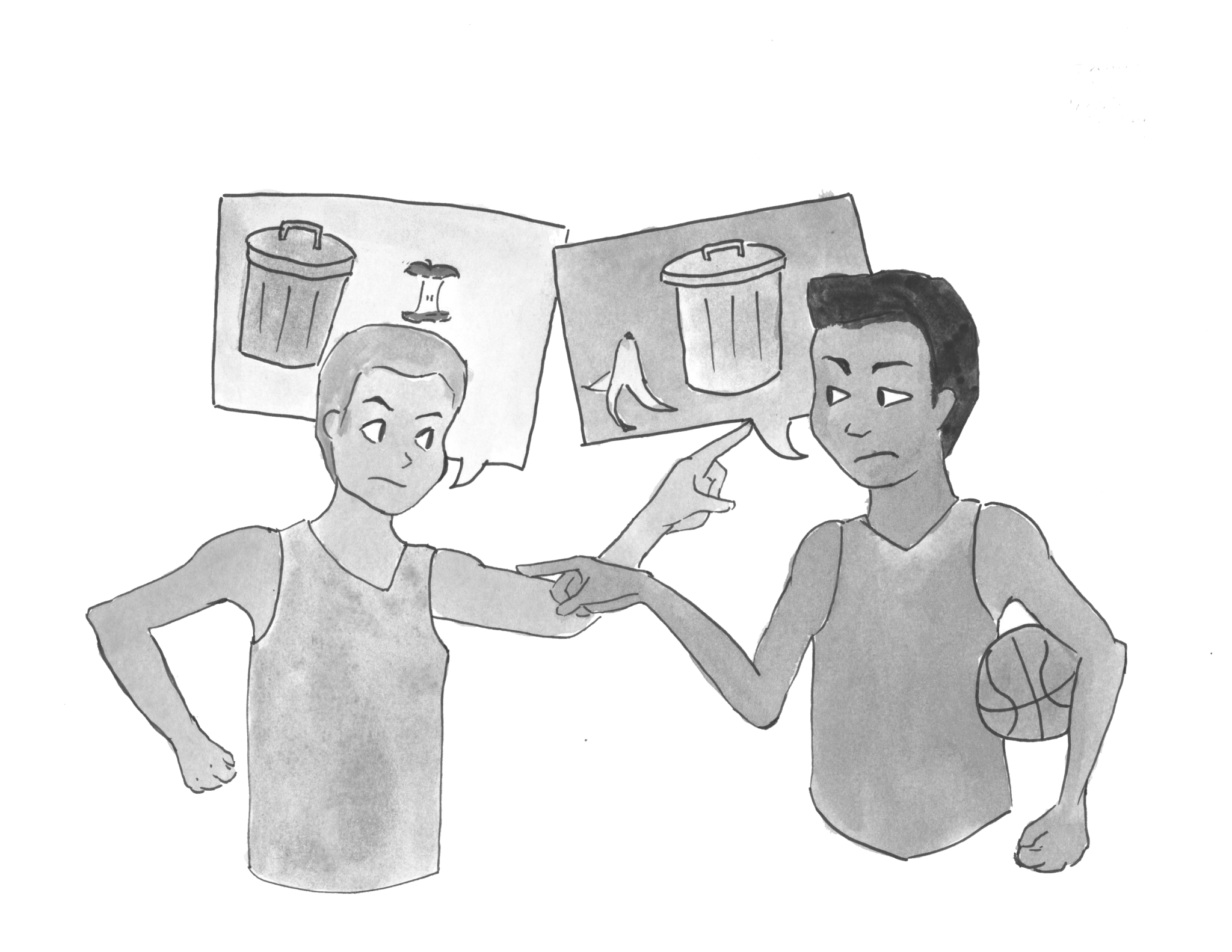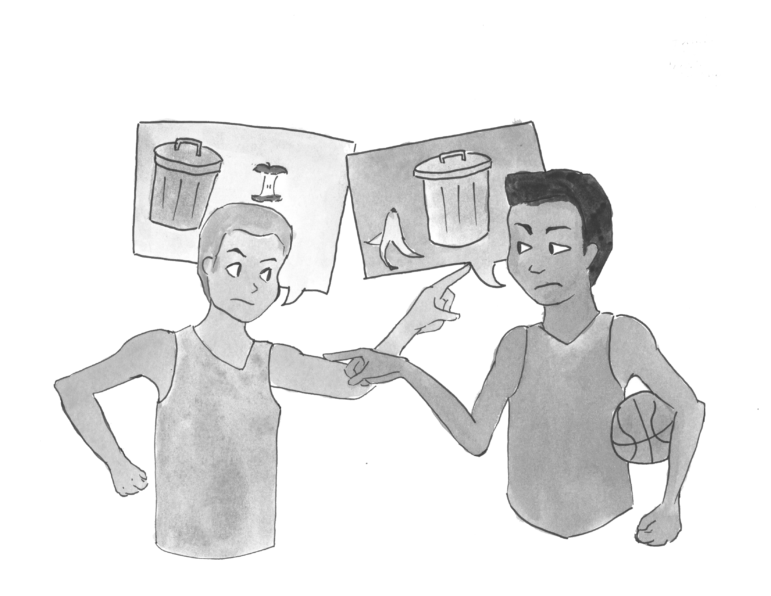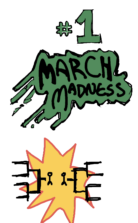

From pick up games to professional leagues, trash talking is common throughout all sports. Ranging from harmless taunting to staredowns and even personal insults, this practice has become a controversial yet common part of many sporting activities.
Former Celtics, Timberwolves, and Nets forward Kevin Durant made a name for himself throughout his 21-year National Basketball Association career as one of the most ruthless trash talkers to ever take the court. During the Timberwolves’ 1999 playoff game on Mothers Day against the San Antonio Spurs, Garnett infamously approached Spurs center Tim Duncan, whose mother had died when he was 13, and said, “Happy Mothers Day,” with additional profanity.
Despite its popularity, trash talking is something that many sports try to minimize. Sports such as soccer and volleyball have a penalty card system against inappropriate language and poor sportsmanship during the game. In other sports like basketball and football, players can receive technical fouls or yard penalties for unsportsmanlike conduct.
However, former Aragon defensive lineman, fullback, and middle linebacker Matangi Tonga describes his use of trash talking in a more harmless tone.
“For me, I knew a lot of players playing for other teams,” he explained. “It was fun to always trash talk with them because I knew them outside of sports. It made the game that much more fun.”
While some players use trash talking as a friendly way to taunt their opponents, others use it to give themselves or their team a mental advantage by getting into their opponents’ heads.
“Trash talking was always a part of the game,” adds Tonga, “because it gave you the upper hand, especially if you were winning… If I’m talking trash to someone and I see that it’s affecting them, I’m going to trash talk them even more.”
Generally, coaches don’t encourage their players to trash talk. However, many athletes believe that it’s necessary to receive trash talk and maintain a proper mindset while playing.
During a postgame interview after Golden State’s third win in the 2016 NBA Finals, a game in which a heated exchange occurred between Warriors power forward Draymond Green and Cavaliers small forward LeBron James, Warriors point guard Stephen Curry said, “trash talking is part of the game. You have to give it. You have to be able to take it.”
Former Aragon defensive back and outside linebacker Chan-ho Yun adds, “Sometimes if you trash talk it can affect the other player. You can get in their head or they could just completely block it out.”
While the spirit of talking trash is mostly with peaceful intention, it can occasionally get out of hand. For example, during Yun’s senior-year academic bowl against Scotts Valley, he remembers a fight breaking out due to the an opponent’s trash talking, explaining, “It was between one of our receivers and the defensive back. One of the other receivers started talking to him and one of them took it the wrong way and it turned into a fight.”
Trash talking can also serve dual purposes, as it often affects both the giver and receiver. Players who taunt or trash talk to their opponents are more fired up and motivated to back up what they say.
Sophomore junior varsity guard Michael Athanacio says, “I usually go beat [my opponent] on the court and when I do, then I do start trash talking back to them.”
As trash talking requires a certain level of confidence in order to be successful, more-skilled players have a tendency to trash talk more. Tonga says, “The good thing about trash talking is that if you’re going to talk trash, you have to back it up.”
In addition to taking place on the field of play, athletes have begun taking to social media to trash talk their opponents. Players often boast about their teams and athletic ability through various social media sources such as Twitter and Instagram.
However, social media trash talk doesn’t stay on social media.
Says Yun, “Trash talk on social media leads to trash talk on the field because there is [already] that tension between the player [and] team.”
While some people think that trash talking doesn’t fall in line with sportsmanship, others believe that it is a necessary part of any sport. However, trash talking is still controversial between different players and coaches, and appears to be commonplace through many sports.



